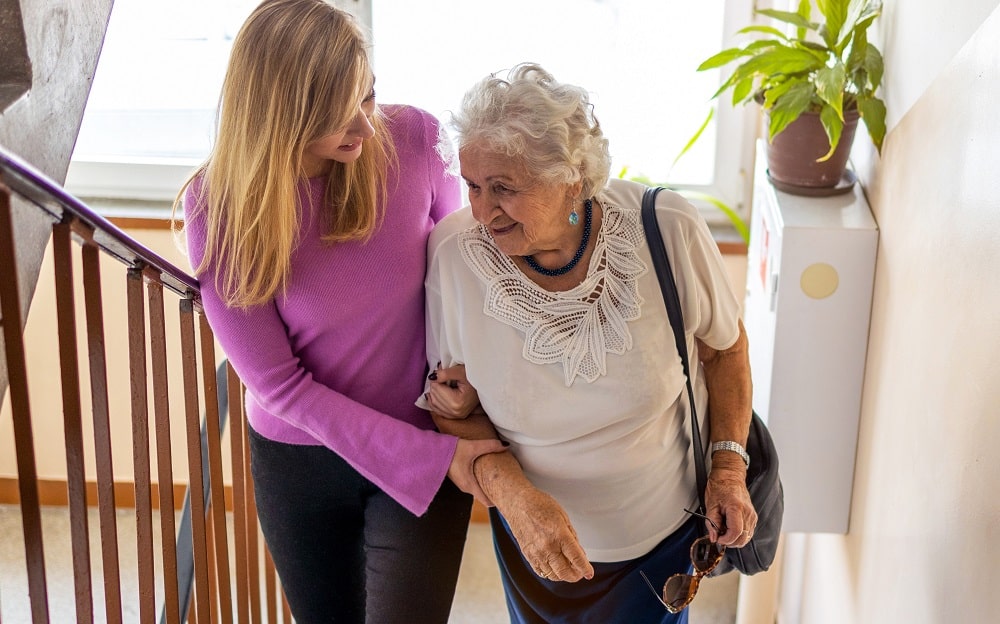Resources
Mobile Resource Library Tabs
Filters
Search
Categories Navigation
Asset Publisher
Content with Topic Health and Wellness Services .
Resources

How the Care-Coaching Model Empowers Caregivers
Providing care for an older family member or friend isn’t something most people are prepared to do. Many individuals who find themselves in a family caregiver role weren’t expecting to take on such responsibility, and they often lack the time, knowledge or tools to do everything they feel they need to do.
Read MoreBy Michelle Palmer | 11/15/2022

Helping an Older Loved One Maintain Good Oral Health
When caring for an older loved one with a chronic health condition or serious health concern, you most likely take them to regular appointments with doctors or specialists to assure that they are healthy and in the best possible condition. But with all these important appointments to manage, do you remember to bring your loved one in for a biannual appointment with their dentist? Though oral health may seem like a smaller concern compared to taking care of a loved one’s chronic health condition or other health issues, a healthy mouth can play an important role in their overall wellbeing, self-image and nutrition.
Read MoreBy Julie Hayes | 11/15/2022

8 Things to Know About High Blood Pressure and Dementia
According to the Center for Disease Control and Prevention, about 116 million, or just about half of all Americans, live with high blood pressure, also known as hypertension. Untreated hypertension is very dangerous, as it puts people at risk for heart disease, stroke, and chronic health issues.
Read MoreBy Jennifer Burke | 10/14/2022

After a Hospital Discharge, Food is a Valuable Medicine
When a loved one is discharged from a hospital stay, their doctor will likely give them medicine to help improve their condition so they can stay well enough to avoid having to return to the hospital in the future. As caregivers, we may have the responsibility of making sure a loved one is keeping up on their medication post-discharge. However, are we remembering to pay just as much attention to another source of medication necessary to their healing process: the food they eat?
Read MoreBy Julie Hayes | 09/15/2022

Family Caregivers are Stressed, Tired—and in Your Workforce
Programs that provide support for employees serving as family caregivers are emerging as a critical employee benefit option, particularly as providers focus on addressing the full scope of emotional and mental health considerations.
Read MoreBy Michelle Palmer | 09/15/2022
